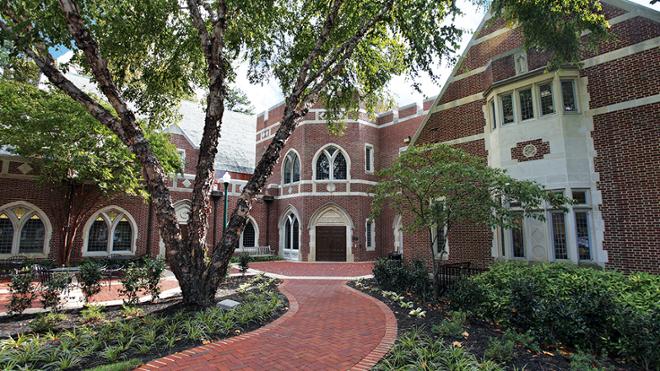
“If You Build It, They Will Come”: Reverse Location Searches, Data Collection, and The Fourth Amendment
Read Full Article (PDF)
“If You Build It, They Will Come”: Reverse Location Searches, Data Collection, and The Fourth Amendment
On January 6, 2021, the world looked on, stunned, as thousands of rioters stormed the U.S. Capitol on live television in support of then-President Donald Trump. In the days and weeks that followed, federal law enforcement scrambled to identify those involved in the attack, in what has become the largest criminal investigation in American history. Whereas even 20 years prior it would have been difficult to identify those involved, as of February 2023, more than 950 people have been identified and charged in relation to the January 6th Capitol attack. Many of these individuals were identified using a wide array of new technology, including automated license plate readers, complex facial recognition searches, and reverse location searches.
The use of reverse location searches dates to at least 2016. Reverse location searches provide law enforcement the ability to reverse-engineer the location of people for the purposes of an investigation. This is accomplished with location data collected by third-party companies from their users’ electronic devices. Many electronic devices, such as cellphones, are equipped with GPS, which determines a device’s location using signals from satellites. Additional information can be used to pinpoint the location of a device through Wi-Fi, mobile networks, and certain device sensors. Google, for example, states that in order to collect the location data, it uses “GPS and other sensor data from your device,” your “IP address,” “[a]ctivity on Google services, such as your searches and places you label like home or work,” and “[i]nformation about things near your device, such as Wi-Fi access points, cell towers, and Bluetooth-enabled devices.”
This Comment examines the two types of reverse location searches in detail, analyzing the constitutionality of each under these three questions: (1) is it a search under the Fourth Amendment? (2) can it meet the particularity and probable cause requirements? (3) does it fall into the category of general warrants prohibited by the Fourth Amendment? Ultimately, it argues that reverse location searches are constitutional, raising the question of whether existing Fourth Amendment doctrine is sufficient to guarantee the Amendment’s protections.
Matthew L. Brock *
*J.D. Candidate, University of Richmond School of Law.





